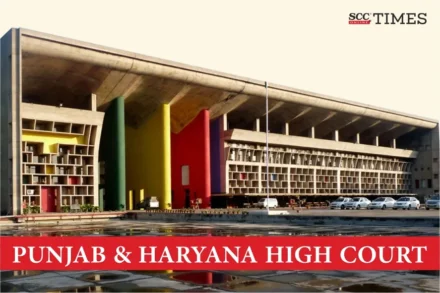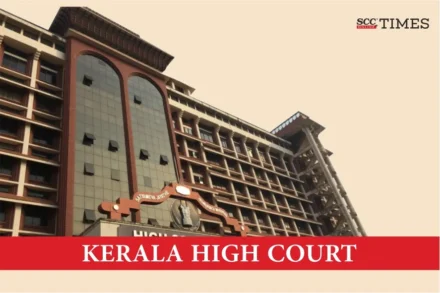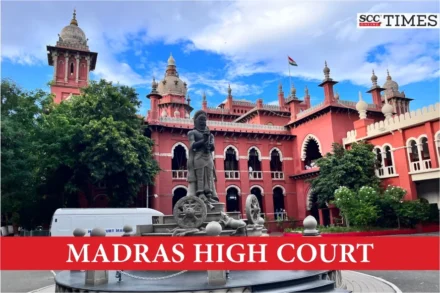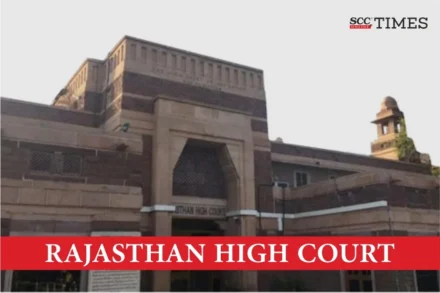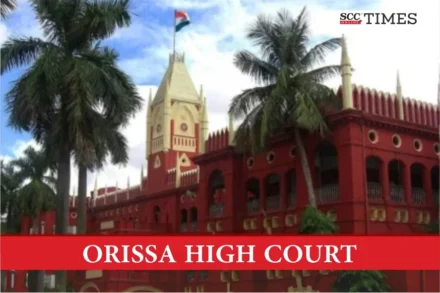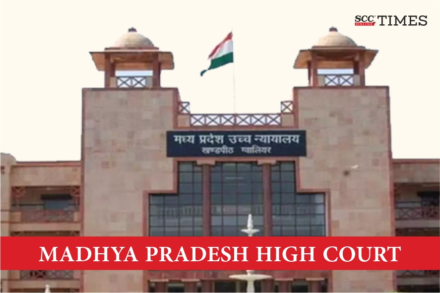
Spouse indulging in vulgar conversation with opposite gender, despite objections, amounts to Mental Cruelty: MP High Court
“No husband will tolerate that his wife is in undignified or indecent conversation through mobile by way of vulgar chatting.”
Continue reading




